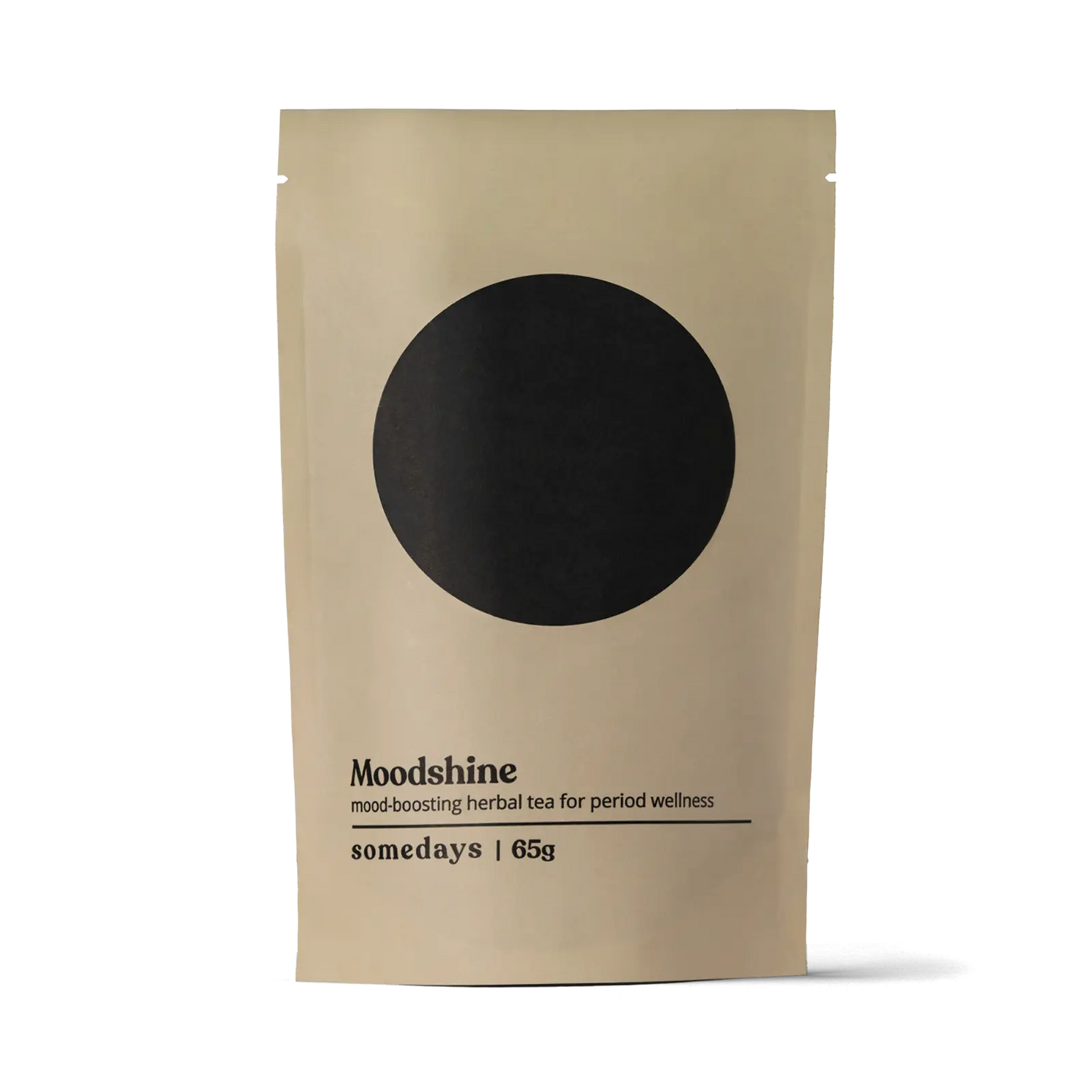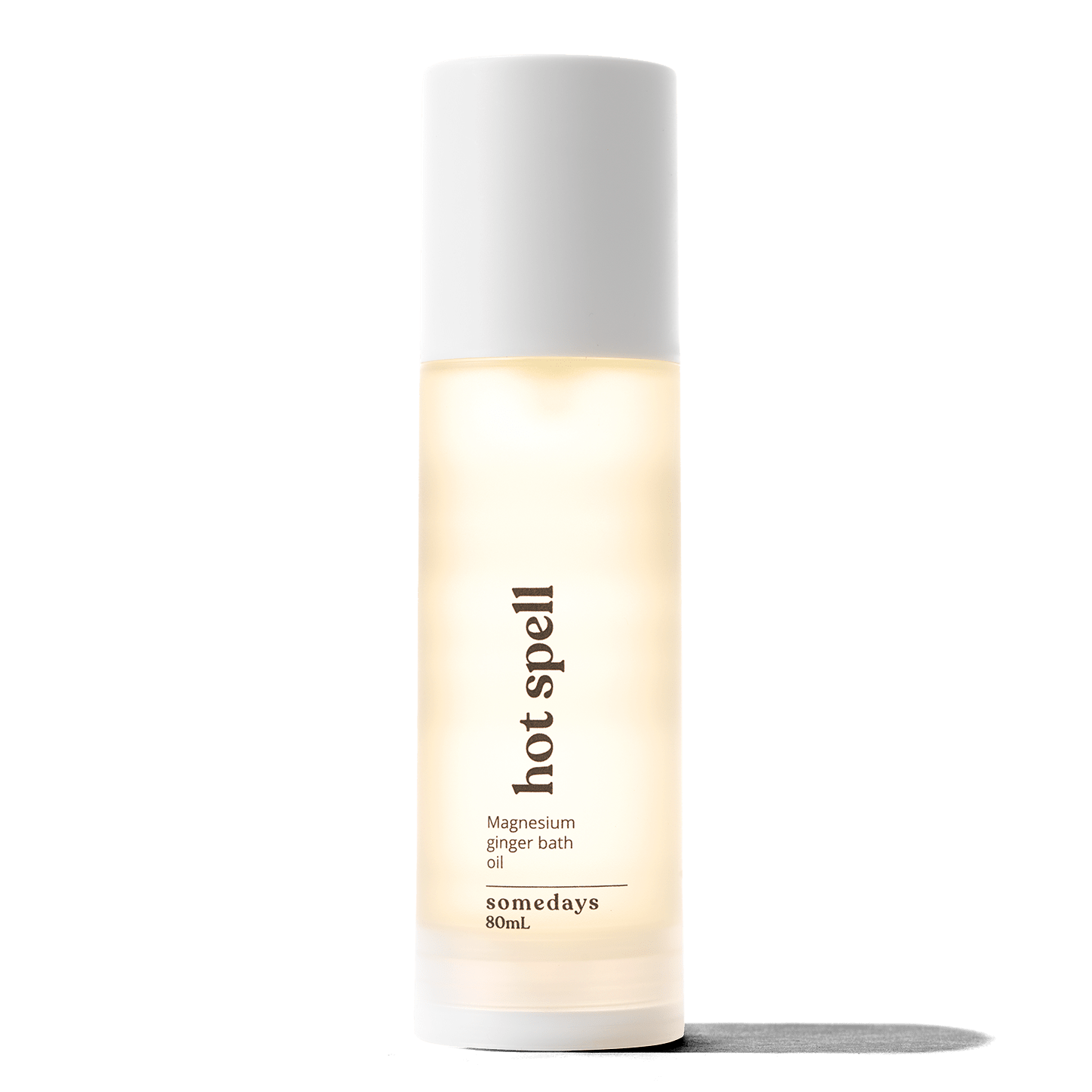How Birth Control Affects Your Period

I remember when I was around fifteen, and the majority of my peers started a form of hormonal birth control. Not due to engagement in sexual activity, but due to a plethora of other symptoms they had that the doctors said could be fixed with birth control.
When I started dealing with acne, I too was handed a prescription for hormonal birth control without any hesitation or much discussion with my doctor.
One endocrinology professor described this as how birth control is given out “like M&M’s”. Our society has the propensity to prescribe hormonal birth control methods almost by default, and even though there are so many potential impacts not only on menstruation but generally to the persons physical and mental health. This is not only problematic but incredibly harmful and hurtful to people with periods.
Recently news circulated about a doctor who went to a medical conference where the topic was migraine headaches. They were asked to discuss the potential risk of stroke when taking oral contraceptives when the person taking it suffers from headaches. The doctor responded that it would seem “impractical” to ask people to stop taking oral contraceptives to prevent strokes for fear of pregnancy.
Here, we can see how preventing pregnancy, which is an inherently gendered assumption, is prioritized and informing people of the risks of the pill is dismissed.
The fact that I did not understand the medication I was taking for five years and decided to do my own research, is scary. It is scary that this is the norm, and that birth control has been medicalized as a one size fits all solution to elements of adolescence.
These processes, in tandem with the fact that there is little education given to people who begin taking the pill, have normalized birth control to an extreme.
What exactly is birth control?:
There are numerous forms of birth control that have differing effects on periods and bodily hormone levels. The two main hormones in birth control methods are progestin, which is a synthetic version of progesterone that mimics the naturally occurring hormone, and estrogen, which is produced in the ovaries, adrenal glands, and fat tissues.
Some forms of birth control, (such as the shot, the mini-pill, the implant, and hormonal IUD) only release progestin, whereas other forms (such as the ring, the path, and the combination pill) release combinations of both progestin and estrogen.
The copper IUD, however, is nonhormonal and if it is used for preventing pregnancy, it works by deterring sperm as they do not like copper.
Though all forms of birth control have different levels of the two hormones, all hormonal methods have been shown to result in irregular bleeding and spotting in the first few months of use, and this generally gets better over time.
It is more common to spot while taking monophasic pills, which release the same dose of hormones every day, in comparison to triphasic pills, which release different doses of hormones throughout the cycle. Unpredictable bleeding is more so common in people who use progestin-based birth control methods, such as Depo Provera.
Birth control methods that use hormone(s) actually facilitate what is called “withdrawal bleeding” instead of an “actual” period.
Withdrawal bleeding occurs due to differing levels of hormones entering your body. For example, with the contraceptive pill, there are a number of different regimens available in relation to the days of active pills and sugar pills. For instance, the 28-pill can have 21 pills containing hormone(s) and 7 placebo pills that allow menstruation to occur.
As the hormone levels tend to decrease with each pill/week, and this drop in hormones is what causes bleeding to occur, this bleeding can often be lighter and different than periods experienced before taking the pill. Because bleeding occurs because of hormone(s) drop, people who use this method have the ability to skip their periods by skipping the placebo pills entirely and starting a new pack.
There has been more attention paid, especially recently, to the physical side effects of the pill.
Side Effects of Birth Control
Have you ever looked at the side effect pamphlet given in birth controls, and been shocked at the sheer size of the sheet? Side effects differ based on the strength of the hormone(s) you are taking, the hormone receptors that the progestin is interacting with, as well as the individual response to progestin.
This means that experiences on the pill are highly individualistic, and this should be considered instead of taking a method that worked well for other people.
Another layer to the individuality and complexity of how a birth control method may affect your period is that when progestins are combined with estrogens (as they are in many hormonal birth control methods, such as the combined pill) the side effects are tough to predict because the two hormones can interact, and even sometimes counteract each other.
Other physical side effects include spotting between periods, nausea, headaches and migraines, weight gain, mood changes, missed periods, decreased libido, as well as many others.
Preoccupation with the physical side effects of the pill has resulted in people largely ignoring a key side effect that can impact the person taking this particular form of birth control both during the period and the rest of the time.
A study found that the most common reason for a person to say they stopped this method of birth control was depression.
Specifically, a pilot study examined this relationship and found that those who used oral contraceptives were significantly more depressed than the other group.
Other than this study, few large studies examine the relationship between oral contraceptives and depression, which means that there definitely needs to be more research done to inform people taking the pill, as well as medical professionals, how depression can be related to the use of this birth control method.
The Relationship Between PMS/PMDD and Birth Control
Speaking of the relationship between oral contraceptives and depression, I think it is important to highlight PMS and PMDD (premenstrual dysphoric disorder) and their relationship to birth control use.
Both PMS and PMDD involve mood symptoms, and it has been suggested that these changes are caused by hormonal levels—this means that some people find that hormonal methods of birth control help their mood, but also that some people find that it makes it worse.
This is because people with PMS or PMDD are sensitive to fluctuations in the hormones found in birth control methods; in PMDD, mood symptoms occur during menstrual cycles but not during the anovulatory cycle.
This means that, in theory, hormonal birth control pills preventing ovulation could potentially improve symptoms, however, the sugar pills cause a sudden drop in hormones, and this means that people with PMDD who are sensitive to these fluctuations can experience even worse symptoms during the sugar pill week.
Considerations About Birth Control
More attention should be paid to how birth control impacts periods, and how it affects people, generally. Despite birth control methods impacting periods and mental and physical health, generally, it remains “modern” and pervasively used; I think what we are seeing is the process of and effects of medicalization, the process by which aspects of life are reconceptualized to be perceived as under medical authority.
In this sense, the medical arena is medicalizing pregnancy as something to prevent, to the point of perceiving birth control methods as the default. This is seen in how teenagers who are even not interested in sexual activity are automatically prescribed the pill for other issues, and how people who menstruate tend to view using birth control methods as the norm, and not as atypical.
Previous Article All Articles Next Article
All ArticlesBetter Cycle Kit
A modern approach to traditional self-care practices, designed to support your body's natural rhythms and provide relief from period discomfort.
This comprehensive kit includes:
- Belly Jelly Castor Stick (25g): Apply to your abdomen to promote relaxation and well-being.
- Bamboo Belly Band: Secure the castor application comfortably in place.
- Flaxseed Heatpad with Custom Embroidered Cover and Carrying Case: Provides soothing warmth to ease discomfort.
Includes: Belly Jelly Castor Stick 25g, Bamboo Belly Band, Zip Pouch, Flaxseed Heatpad, Custom Embroidered Cover, Heatpad Carrying case
$132.00
ADD TO CART



